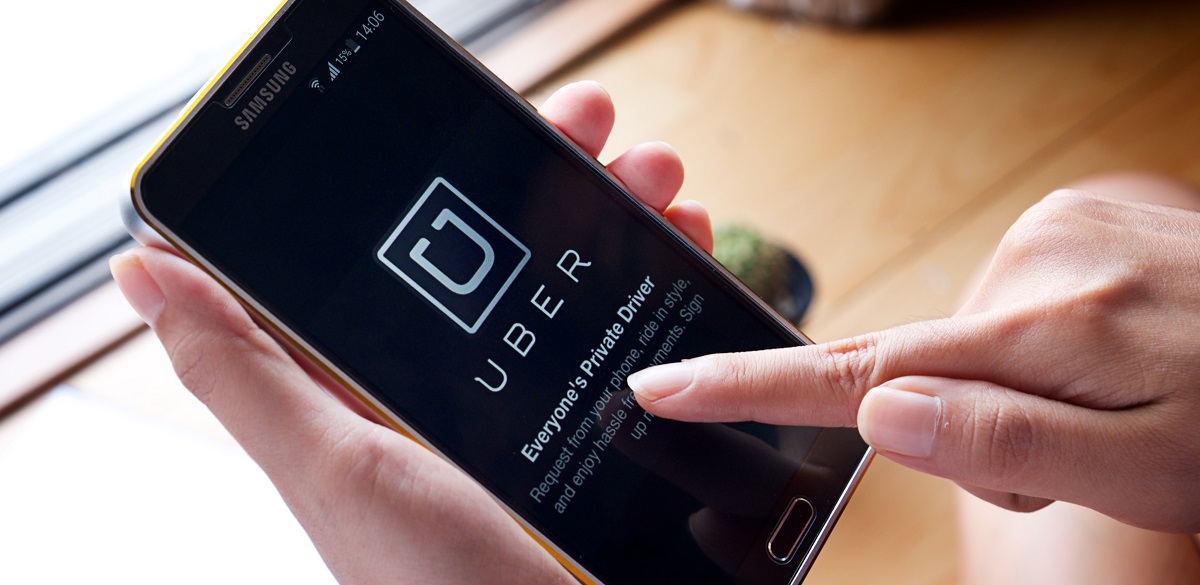The Victorian government has flagged its intention to cap Uber’s controversial surge pricing in the state following high fares during the recent train network shutdown.
Chaos ensued when Melbourne’s entire train network was taken down by a computer malfunction during the evening peak time on 13 July.
Uber’s prices quickly surged and reached nearly four times the normal price as commuters looked for alternative ways to get home.
Uber utilises a “dynamic” pricing model, with fare prices increasing during popular times. The company says this is to encourage more drivers to hit the roads to meet this demand, but the tactic has been criticised for exploiting people during natural disasters or emergencies.
Victorian Public Transport Minister Jacinta Allan has slammed the price hikes, labelling them “unacceptable”.
“It is a practice that takes advantage of people at a certain time,” Allan told reporters. “It is completely unacceptable. As people have more choice, I think they’ll be choosing those companies that put the interests of passengers first.”
The state government is currently moving to legislate and legalise ridesharing services like Uber, with a bill currently before the parliament. A second round of legislation is likely to appear later this year, and Allan said the government will look to include a cap on surge pricing in this bill.
“As we are modernising this industry, as we are looking at bringing taxi and ridesharing companies onto a level playing field, we also want to make sure there is appropriate consumer protection mechanisms in place,” she said.
“Certainly as part of our broader reforms to the industry these sorts of concerns on consumer protections is exactly what we want to have in place.”
But Uber hit back at the minister’s comments, claiming that 70 percent of Uber trips during the trains meltdown weren’t impacted by surge pricing.
“While we saw demand peak around 5.00pm on Thursday, prices levelled off as more drivers went online to service the unprecedented demand created by the unexpected train outage,” an Uber spokesperson said in a statement.
“This resulted in thousands of Melburnian commuters being able to get home to commitments they otherwise would have missed with low wait times.”
Uber was also heavily criticised for employing surge pricing during the Lindt Cafe siege in Sydney in 2014, with prices soaring as people looked to escape the city. The ridesharing giant eventually agreed to refund all rides during this time.
Uber has also been widely criticised for its price hikes during natural disasters like Hurricane Sandy. The company was forced to apply a cap to its dynamic pricing at 2.5 times across the United States following a deal with the New York Attorney-General in 2014.
The Victorian government’s announcement is unlikely to please local Uber drivers, who recently labelled a small increase to fares a “slap in the face”.
It has been a nightmare year for Uber, with its CEO and founder Travis Kalanick being forced to resign in June following an investor revolt. This followed several reports from former employees of sexual harassment in the Uber workplace and Kalanick’s risk-taking attitude.










